Lilly Axes Three Therapies Amid Pipeline-in-a-Product Push for GLP-1
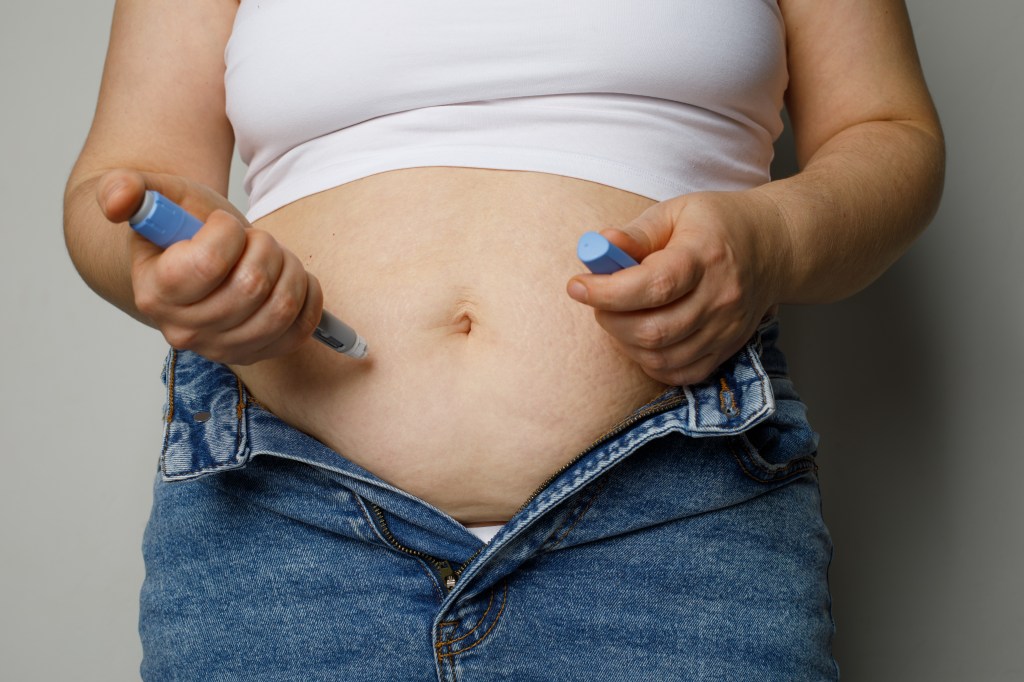
One of the assets shelved by Eli Lilly is a gene therapy for dementia, which it obtained in its $1.04-billion acquisition of Prevail Therapeutics in late 2020.
A sneak peek of pharma’s Super Bowl ads: GLP-1s, tight ends, and more

What drug ads will air during Sunday’s Super Bowl? STATus Report host Alex Hogan and reporter at large Damian Garde have a rundown of what to expect.
Semaglutide improves cardiovascular health but price reductions are needed to make it cost-effective, study finds

Semaglutide, the active ingredient in the weight-loss medications Ozempic and Wegovy, offers substantial cardiovascular benefits for selected patients without diabetes who have established heart disease, but further price reductions are needed to make the therapy good value for money, according to a new analysis from researchers at Beth Israel Deaconess Medical Center (BIDMC).
Lilly Eyes Pipeline in a Product as GLP-1s Move Into I&I

In addition to claiming revenue of $19.3 billion for the fourth quarter, Eli Lilly executives offered a glimpse into their strategy to expand their GLP-1 franchise into the immunology and inflammation space, with trials currently underway in asthma, psoriatic arthritis, Crohn’s disease and ulcerative colitis.
GLP-1 ‘Agonorexia’; Psychotic Disorders Rising in Young People; Pink Noise Pitfalls

(MedPage Today) — Clinicians are seeing more cases of “agonorexia,” when use of GLP-1 receptor agonists turns into disordered eating. (New York Post)
Colorado could become the first state to use ibogaine, a plant-based psychoactive compound…
Novo’s Wegovy Pill Success Is ‘Good News’ for Orforglipron, Lilly Execs Say
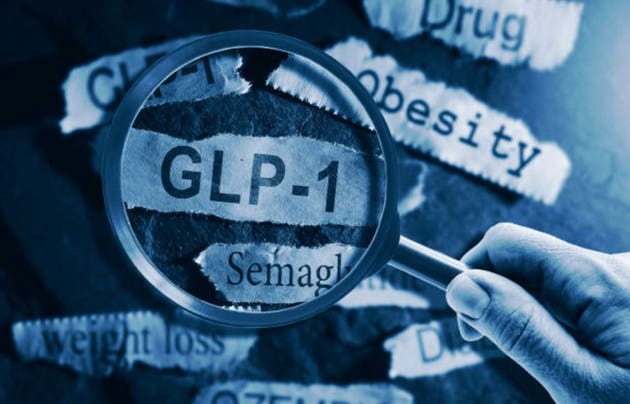
Novo Nordisk and Eli Lilly both think the Wegovy pill is doing well, but the American rival sees the successful launch as a harbinger of good news for its own candidate, orforglipron, which is expected to hit the market in the second quarter.
Wegovy pill in high demand weeks after launch, Novo Nordisk says
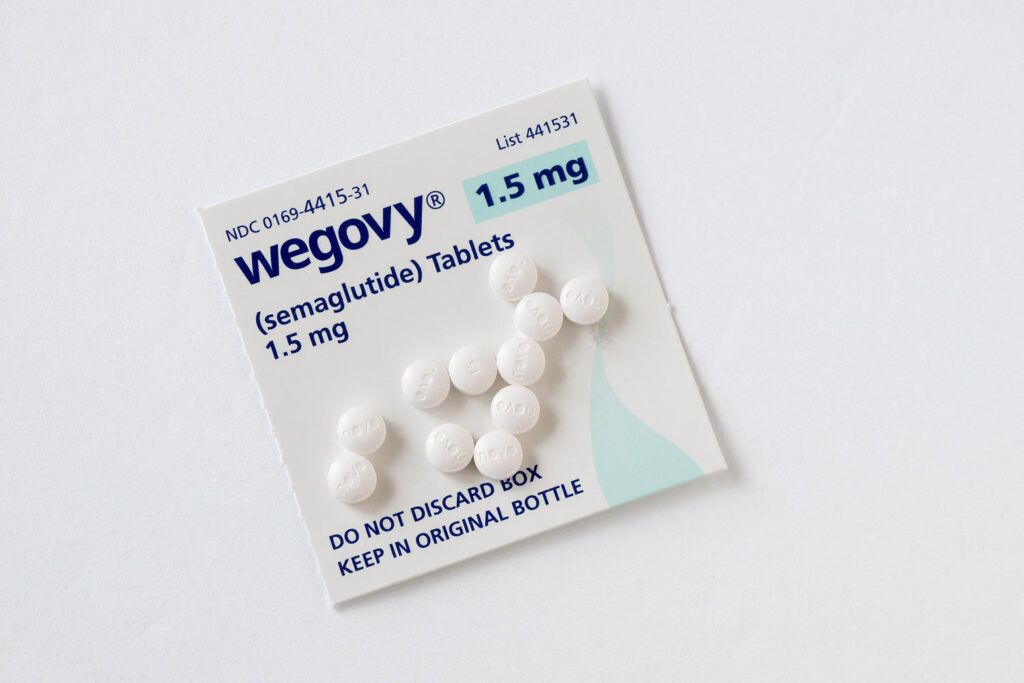
Novo Nordisk said Wednesday that demand for its Wegovy pill got off to a strong start after it launched in the U.S. in early January
The overlooked nutrition risk of Ozempic and Wegovy

Popular weight-loss drugs like Ozempic and Wegovy can dramatically curb appetite, but experts warn many users are flying blind when it comes to nutrition. New research suggests people taking these medications may not be getting enough guidance on protein, vitamins, and overall diet quality, increasing the risk of muscle loss and nutrient deficiencies.
Novo Goes ‘All In’ on Wegovy Pill but Analysts Worry It’s Not Enough
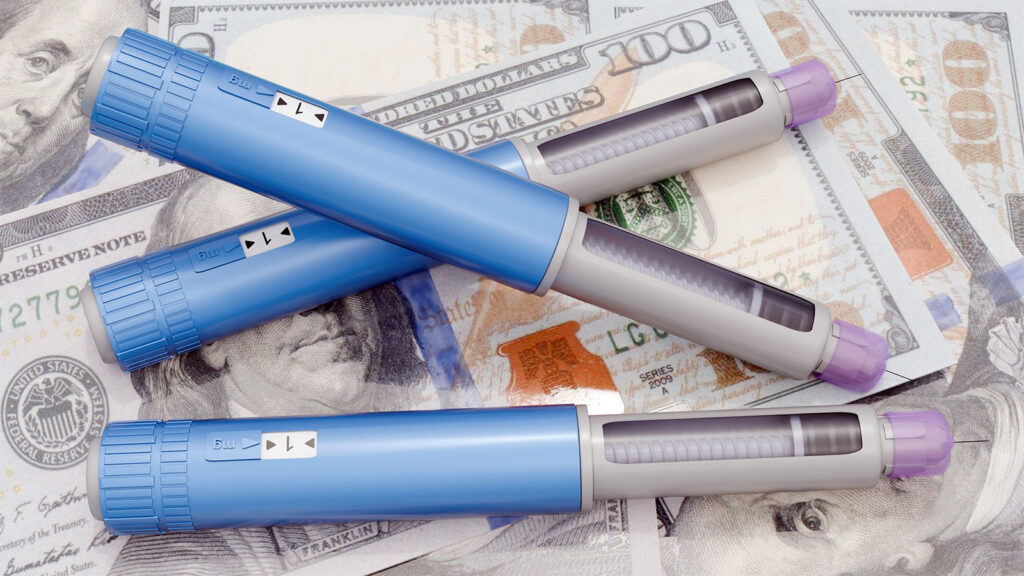
Novo Nordisk CEO Maziar Mike Doustdar acknowledged the market pressure facing the company’s GLP-1 products but sought to assure investors that Novo has the situation under control.
GSK Says No to GLP-1s, Prioritizes ‘Downstream Effects’ of Obesity
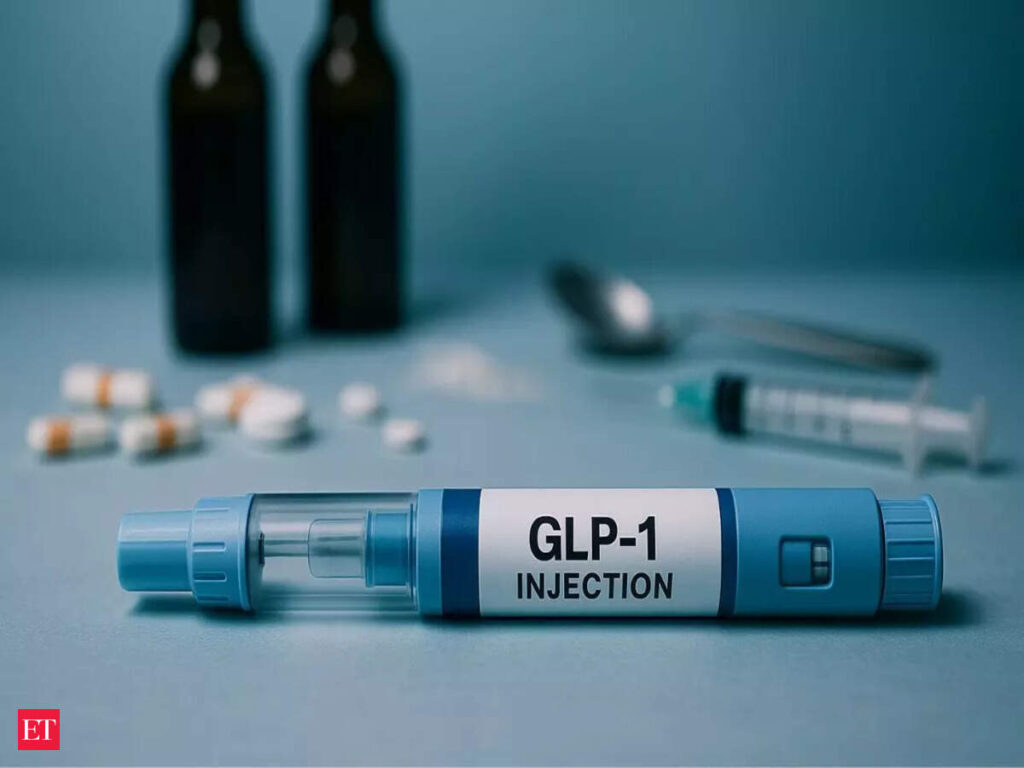
Instead of joining the increasingly crowded GLP-1 arena, GSK will focus its efforts downstream of obesity—a push currently anchored by its Phase III-ready FGF21 analog efimosfermin alfa for liver fibrosis.
